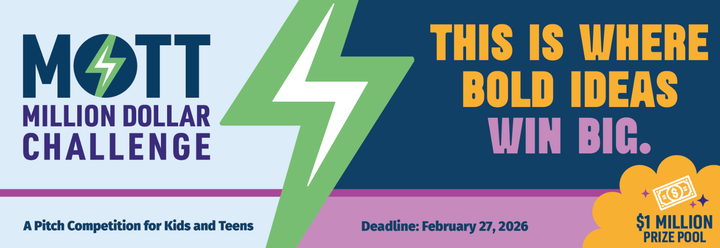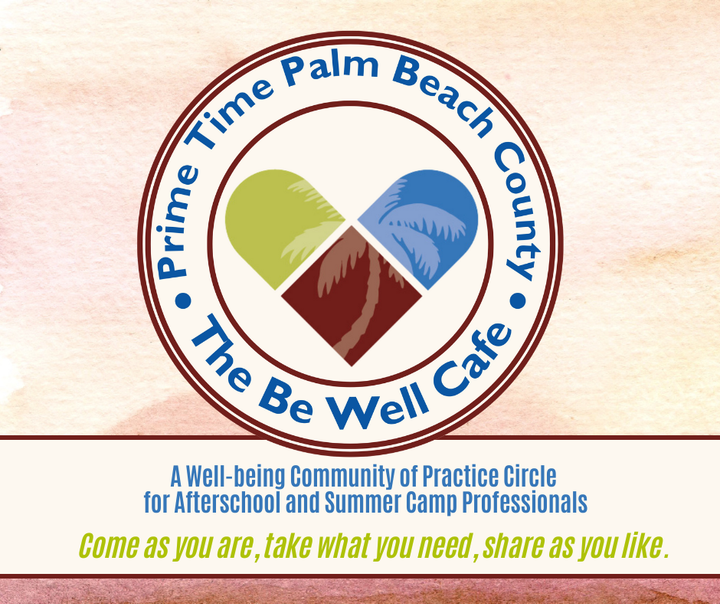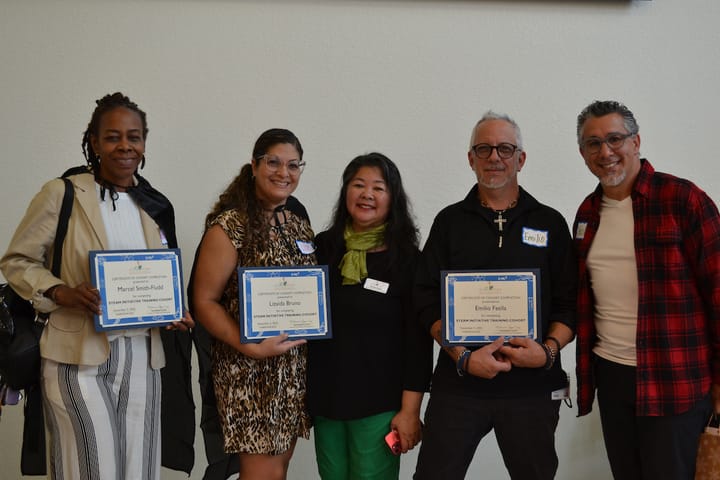Palm Beach County Schools and Afterschool Programs Included in National Report
For Immediate Release: November 17, 2020
Katie Jacob, Director of Communications
Prime Time Palm Beach County
Kjacob@primetimepbc.org
(561)732-8066
www.prime-time-palm-beach-county.ghost.io
Julie Houston Trieste, Media Relations Specialist
School District of Palm Beach County
News@palmbeachschools.org
(561) 357-1114
www.palmbeachschools.org
Palm Beach County Schools and Afterschool Programs Included in National Report Offer Early Lessons on Implementing Social and Emotional Learning Supports for Students
Developing adult capacity, creating shared vision, clear guidance among keys to success
PALM BEACH COUNTY, FLORIDA – The School District of Palm Beach County and Prime Time Palm Beach County, a nonprofit intermediary organization that serves out-of-school time (OST) programs and practitioners, have collaborated on the Partnerships for Social and Emotional Learning Initiative (PSELI) – a comprehensive, multiyear project exploring whether and how children can benefit when schools and out-of-school time (OST) programs intentionally work together to build students’ social and emotional skills. Findings from the first two years of PSELI have been released by The Wallace Foundation in the Early Lessons from Schools and Out-of-School Time Programs Implementing Social and Emotional Learning.
The study, produced by The RAND Corporation, examined implementation of social and emotional learning (SEL) programs and practices for elementary-age students and the adults who serve them. The findings from the first two years of PSELI cover how partners in six communities (Boston, Dallas, Denver, Palm Beach County, Fla., Tacoma, Wash., and Tulsa, Okla.) carried out the work and what it takes to implement high-quality SEL programs and practices. The report, which follows the most comprehensive study of SEL implementation to date, offers important insights at a time when interest in SEL is outstripping empirical guidance about how to carry out these programs and practices. A future report will assess student outcomes and look at implementation after four years.
“It is validating to see that our experiences were shared across the six PSELI communities doing this work,” said Suzette Harvey, president and CEO at Prime Time Palm Beach County. “The lessons learned can help other locales integrate SEL into their school and out-of-school time systems quicker, so educators and children can reap the benefits sooner than later.
“We learned that SEL needs to start with the adult and is an ongoing journey of reflection,” said Kristen Rulison, the SEL Manager in the School District of Palm Beach County’s Division of Teaching and Learning. “We provide SEL professional development to continue to develop adult understanding of SEL skills in order to foster those skills in students. We have also learned the importance of SEL implementation through explicit skills instruction. This year, we created a District-wide SEL Guide to support teachers with weekly SEL skills that they can focus on. We have provided explicit instruction lessons and videos to support each weekly SEL theme/skill.”
“As more schools recognize the importance of social and emotional learning, it’s critical that we gain a better understanding of what it takes to do this work effectively, when schools and out-of-school time programs work independently or in partnership,” said Gigi Antoni, director of learning and enrichment at The Wallace Foundation.” The insights are especially relevant now that COVID-19 has disrupted school and OST programming on an unprecedented scale. The pandemic has also amplified the urgency of addressing students’ social and emotional wellbeing along with their academic learning.”
Early Lessons from Schools and Out-of-School Time Programs Implementing Social and Emotional Learning describes implementation efforts in the six PSELI communities and the lessons and recommendations based on a trove of data that includes approximately 5,000 completed surveys of school and OST staff, 850 interviews, and observations of more than3,000 instructional and non-instructional activities in schools and afterschool programs.
“For many schools and OST programs, efforts to implement social and emotional learning are still relatively new,” said Heather Schwartz, director of the Pre-K to 12 educational systems program and a senior policy researcher at the RAND Corporation. “Research like this is vital to understanding what works, what doesn’t, and what lessons should inform efforts going forward.”
Based on the first two years of work in the initiative (from 2017-2019), the researchers found that:
- Implementation efforts benefitted from developing adult understanding of their own SEL skills in order to foster these in students
- Although each community customized its approach, three common strategies were used: implementing SEL through explicit skills instruction, integrating SEL into academic instruction and OST activities, and creating a positive in-school and out-of-school culture and climate
- SEL-focused partnerships (between schools and OST programs and/or districts and OST coordinating entities, or intermediaries) faced substantial barriers—but there were strategies to help overcome them
- It was helpful to first create a shared vision of SEL, determine roles and responsibilities, and identify which SEL skills to develop
A separate nationally representative survey released this month by RAND – Supports for Social and Emotional Learning in American Schools and Classrooms: Findings from the American Teacher Panel – found that 80% of teachers surveyed expressed a desire for more professional development in a variety of topics related to social and emotional learning.
The PSELI communities are working to help children understand and manage emotions, set and achieve positive goals, feel and show empathy for others, establish and maintain positive relationships, and make responsible decisions. Research has found these competencies are important for brain development and success in school and life. Technical assistance for the cities is being provided by the Collaborative for Academic, Social, and Emotional Learning (CASEL), the Forum for Youth Investment’s David P. Weikart Center for Youth Program Quality, and Crosby Marketing Communications.
Going forward, the PSELI communities’ work will continue to inform the broader field. Over the next two years, researchers will share additional implementation lessons as the communities’ SEL efforts mature. Future reports will document these findings, offer case studies with more detailed portraits of school-OST partnerships, and analyze the effects of the PSELI work on students’ SEL skills and academic achievement, site-wide climate, and staff retention and job commitment. RAND will also provide a how-to guide.
To read the full PSELI report and the American Teacher Panel survey and for more information on social emotional learning, visit the Wallace Knowledge Center.
The School District of Palm Beach County is the 10th largest in the nation and the fifth largest in the state of Florida, serving more than 175,000 students who speak 146 languages and dialects. As the largest employer in Palm Beach County, the School District has 22,600 employees, including more than 12,900 teachers. To learn more, visit www.palmbeachschools.org.
Prime Time Palm Beach County is a nonprofit organization that provides resources and supports for out-of-school time professionals to develop programs that inspire children to be their best and allow them to thrive socially and academically. Prime Time’s integrated model of services is one of the strongest, most comprehensive and well-respected systems for measuring and improving out-of-school time program quality in the nation. To learn more about Prime Time, visit www.prime-time-palm-beach-county.ghost.io.
###



